Wrangling a sustainable future
September 16, 2019
Green becomes all-American with Wrangler’s new Rooted denim collection.
Wrangler is committed to protecting our planet, and they’re taking a fashion-first approach to achieving sustainability goals through industry innovations that will greatly reduce its overall environmental impact. We’re particularly excited about the work they‘re doing to improve sustainability through manufacturing and farming innovations.

Traditional denim dye methods require roughly 400 gallons of water per 100 yards of fabric, whereas foam dyeing uses just 3.5 gallons. That’s a 99.99125% reduction. As a Cotton LEADSSM partner committed to improving the sustainability of its operations both in terms of agricultural and manufacturing impacts, it’s no wonder that Wrangler (among other important players like Walmart) was an early investor in IndigoZero foam-dyeing – a foam-dyeing technology developed at Texas Tech and implemented at the Tejidos Royo mill in Valencia, Spain, that enables manufacturers to dye denim with indigo foam rather than using massive vats of liquid dye. Wrangler is using the process to cut wastewater almost completely from the denim dyeing process.
In addition to water savings, the machines used to facilitate the process are much smaller than those used for other dye techniques, so the environmental impact is greatly reduced – not just through water reduction but also through an overall reduction in energy consumption.
Beyond the incorporation of innovative dyeing techniques, Wrangler has also been digging into the true meaning of sustainable cotton sourcing. Their research led to the development of a new collection called Rooted, and the denim in this collection is crafted "using traceable cotton from family farms in five states“ in the U.S.

Wrangler’s senior director of global sustainable business for Wrangler, Roian Atwood, shared with Environmental Leader that after researching 47 scientific studies and doing analysis with support from the Nature Conservancy and the Soil Health Institute, the company developed three key cotton farming practices to create positive environmental impacts:
- The use of cover crops in the off-season.
- Complex rotation.
Creating systems for measuring impacts of new technologies is key for helping the industry at large move toward a more transparent and more sustainable future, and we’re proud of the work Wrangler is doing to that end.
Learn more about foam dyeing at CottonWorksTM and stay tuned to Wrangler innovations here. With commitments like 5.5 billion liters of water conserved by 2020 and 100% sustainable cotton by 2025, they’re bound to have more exciting news to share along the way.
Commit to sustainably produced cotton – become a Cotton LEADS partner today. Interested in doing even more? Contact us for ideas to get the most out of sustainable cotton and your partnership with Cotton LEADS.


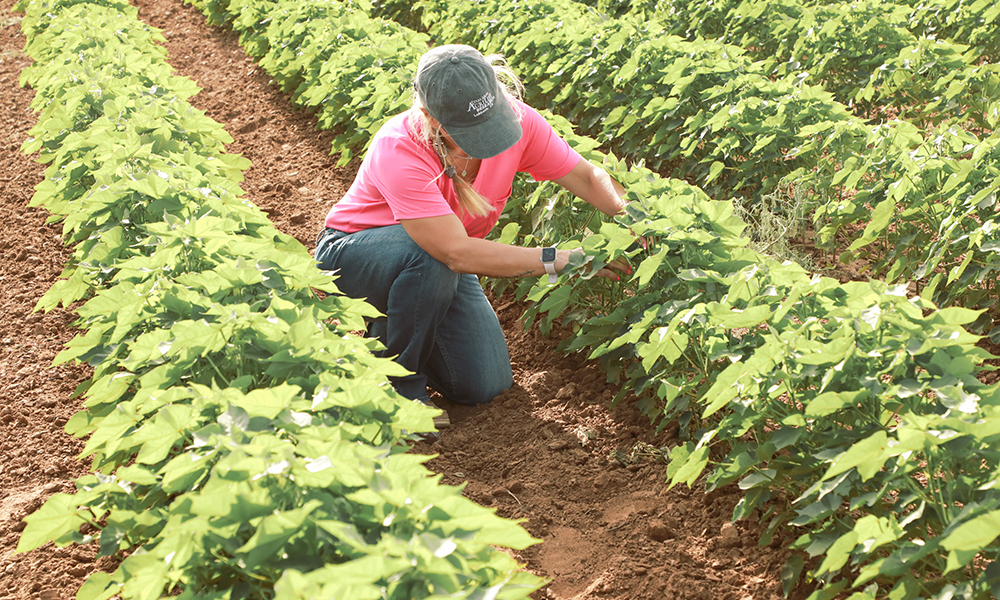
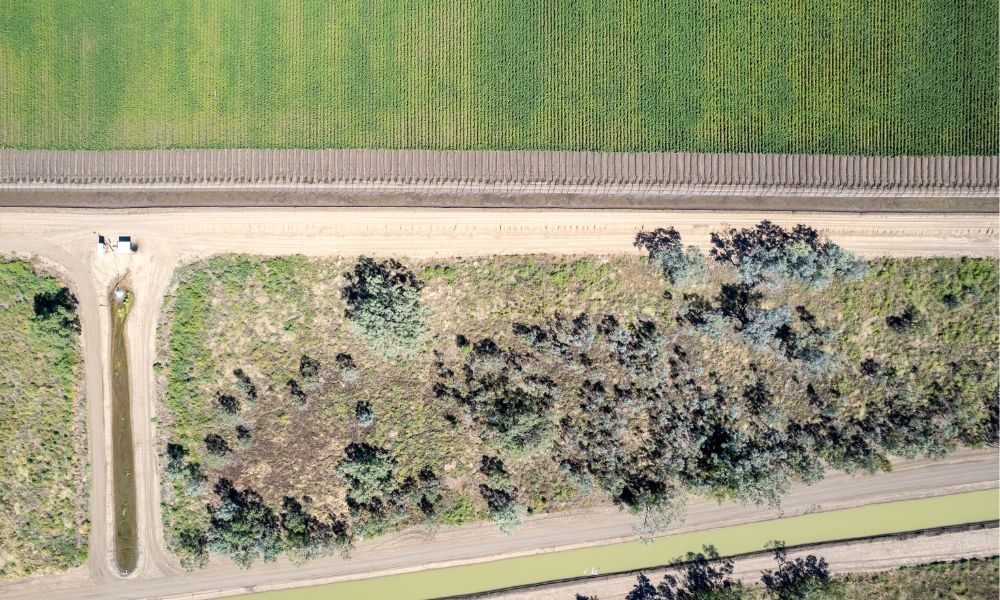
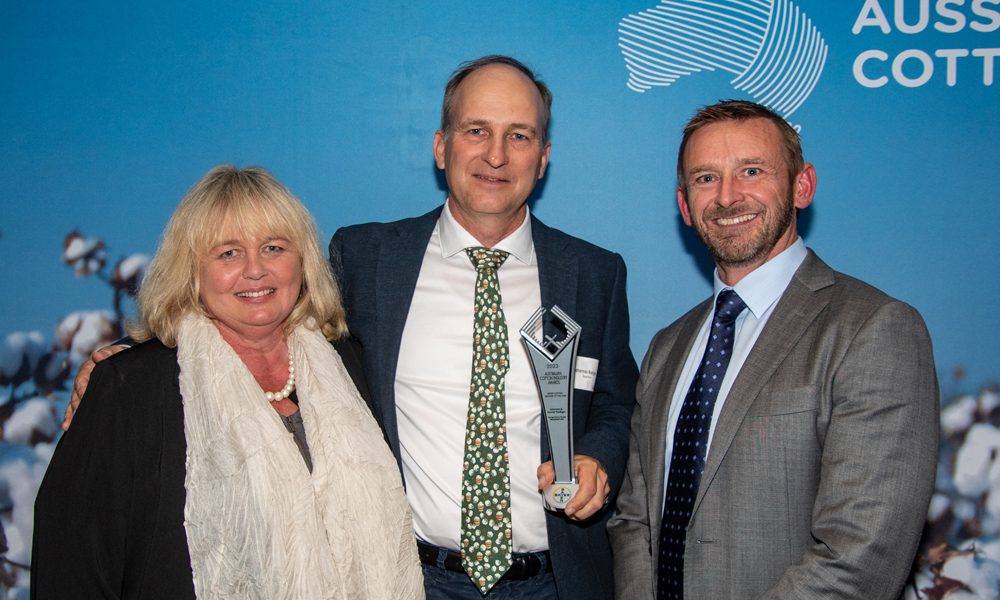

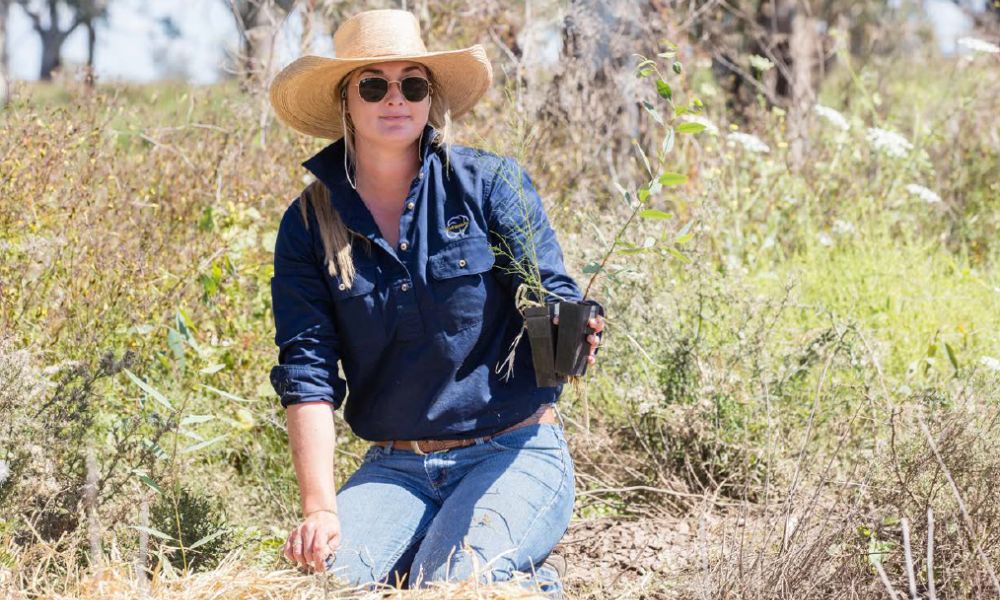
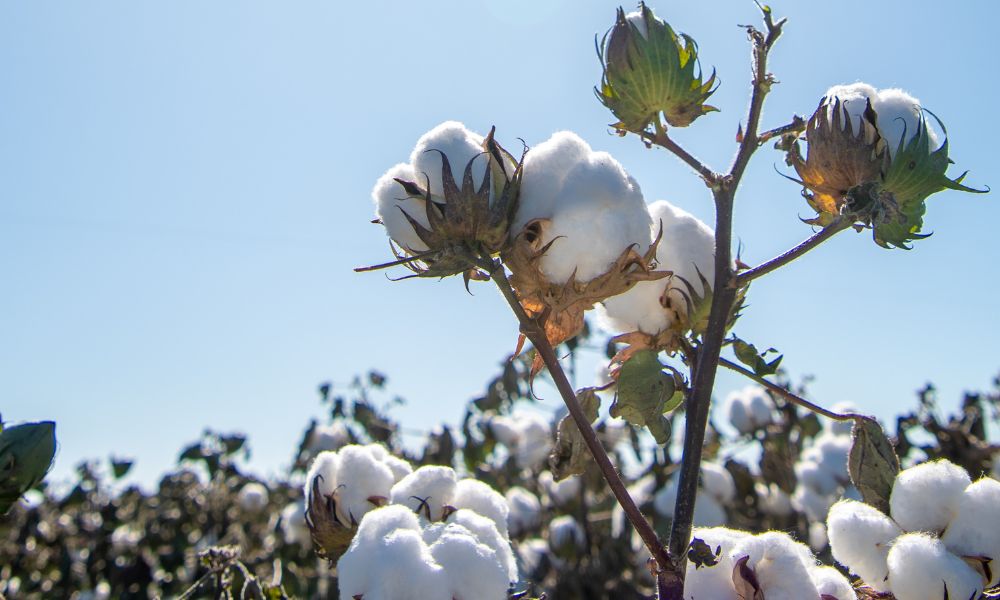

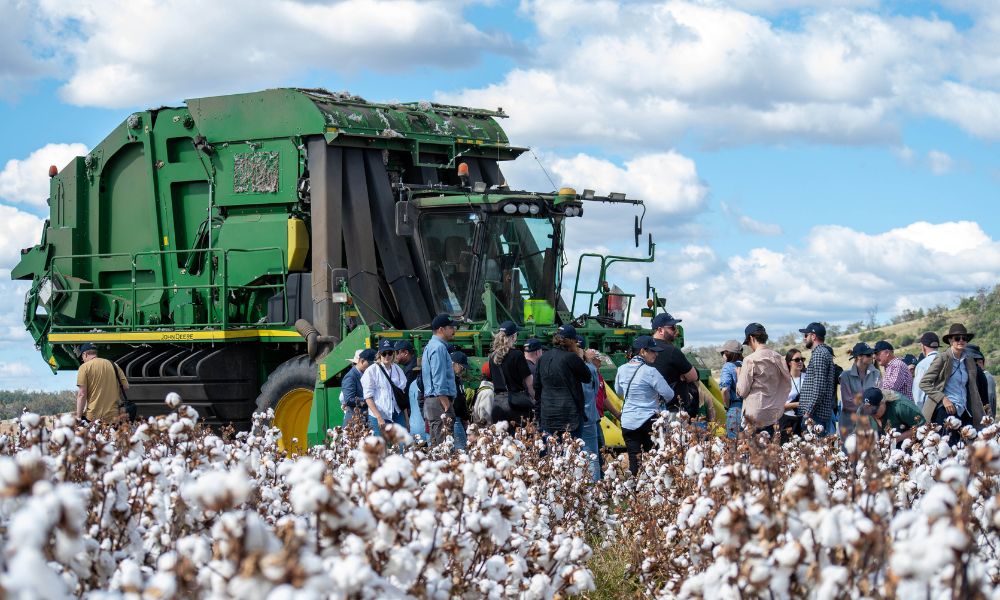
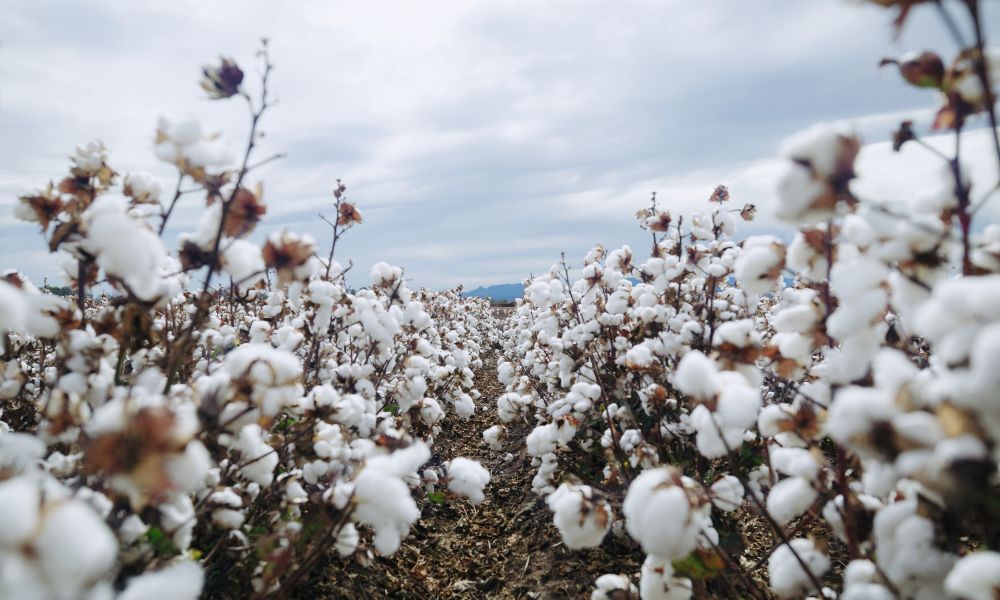
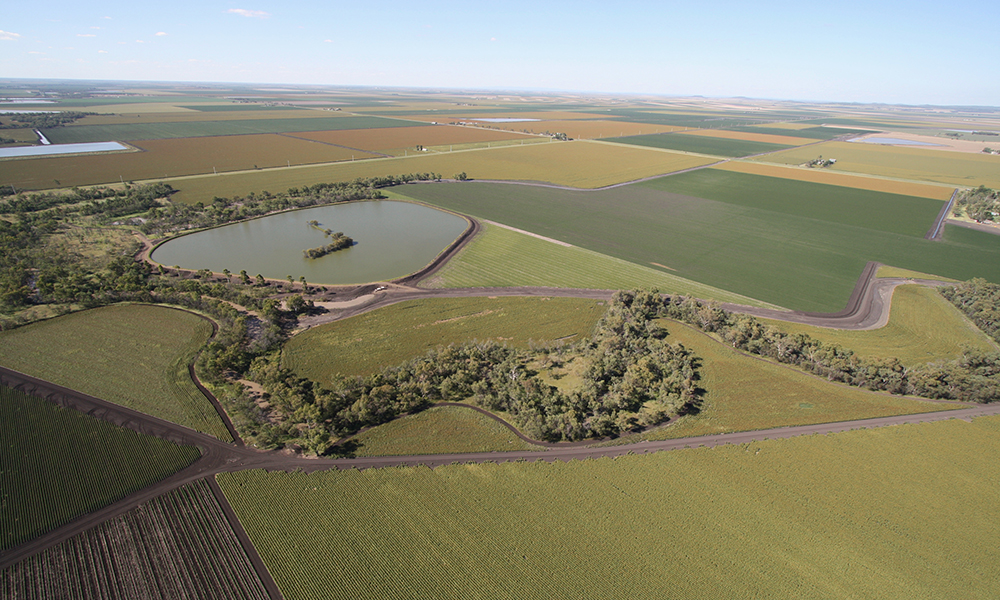
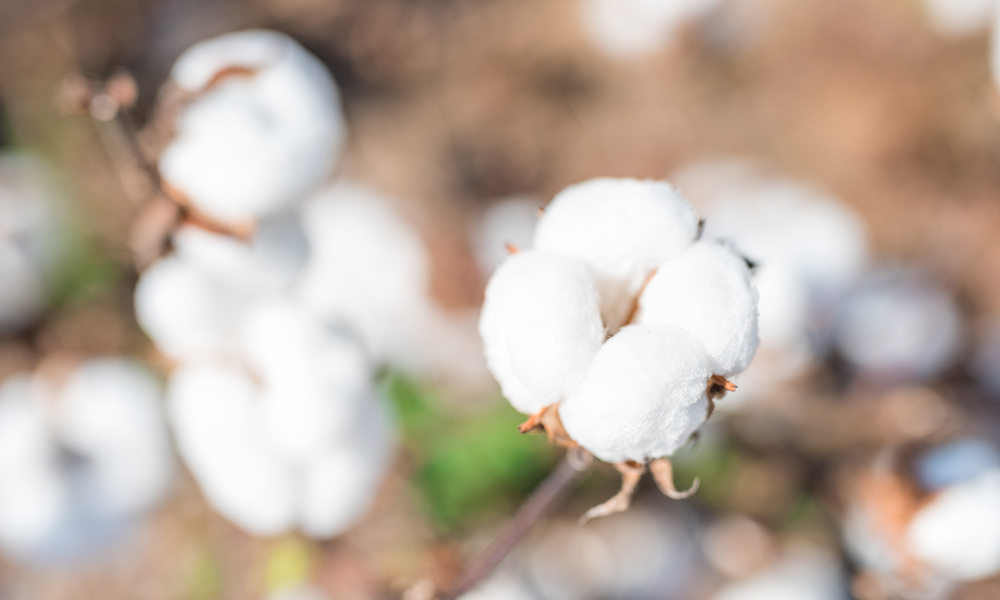

Recent Comments